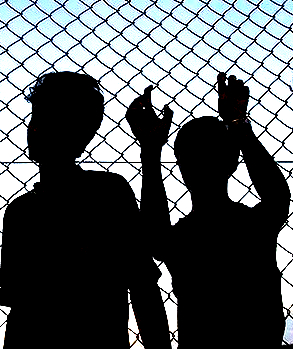Australia avoids oversight
 Australia has failed to sign off on a four year old commitment for better oversight of detention centres.
Australia has failed to sign off on a four year old commitment for better oversight of detention centres.
In 2017, Australia committed to an independent inspection system for all places of detention, known as the Optional Protocol to the Convention against Torture and Other Cruel, Inhuman or Degrading Treatment or Punishment (OPCAT).
At the time, then-foreign minister Julie Bishop called it a “significant victory for human rights in Australia”.
January 20, 2022, was the deadline for Australia to implement its OPCAT commitments, but after four years, it has failed to do so.
OPCAT would have brought regular, coordinated and comprehensive inspections of all places of detention to stop potential human rights issues before they occur.
The regime would also have provided public reporting of detention conditions, and more discussion and awareness of human rights issues in places of detention. This includes hotels that house refugees, as well as youth detention centres and adult prisons.
It would also have allowed UN inspections of all places of detention.
Australia's Human Rights Commissioner Lorraine Finlay says neither major Australian political party has been keen to pursue OPCAT.
“There was an eight-year gap between the Rudd government signing OPCAT in 2009 and ratification under the Turnbull government in 2017,” Ms Finlay says.
“Australia then made a declaration under the Treaty to postpone implementation for up to three years.
“That extended deadline is now upon us, and we are still not ready. This is simply not good enough.
“Meeting our OPCAT obligations is important not only to ensure basic human rights are protected, but also for the broader signal it sends about Australia's commitment to a rules-based international system.
“Once Australia has ratified an international treaty, we need to keep our word. We have, to date, failed to do this with OPCAT.
“Now is the time to show that our actions match our rhetoric, and to urgently meet our OPCAT commitments.”







 Print
Print